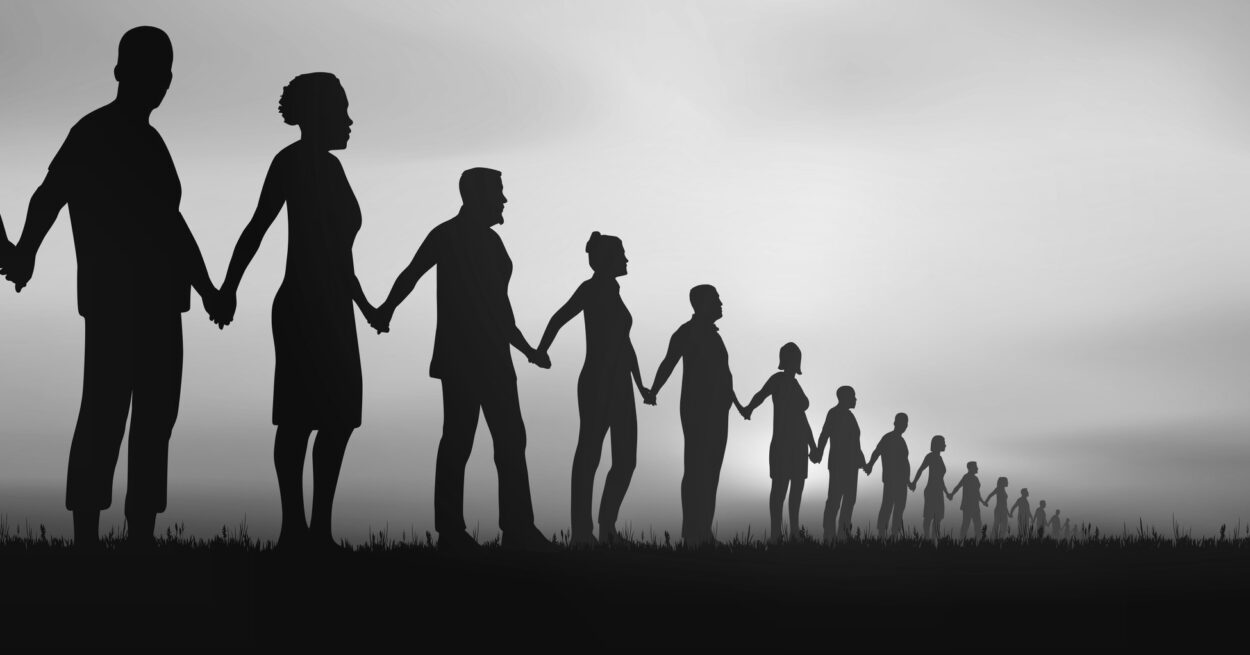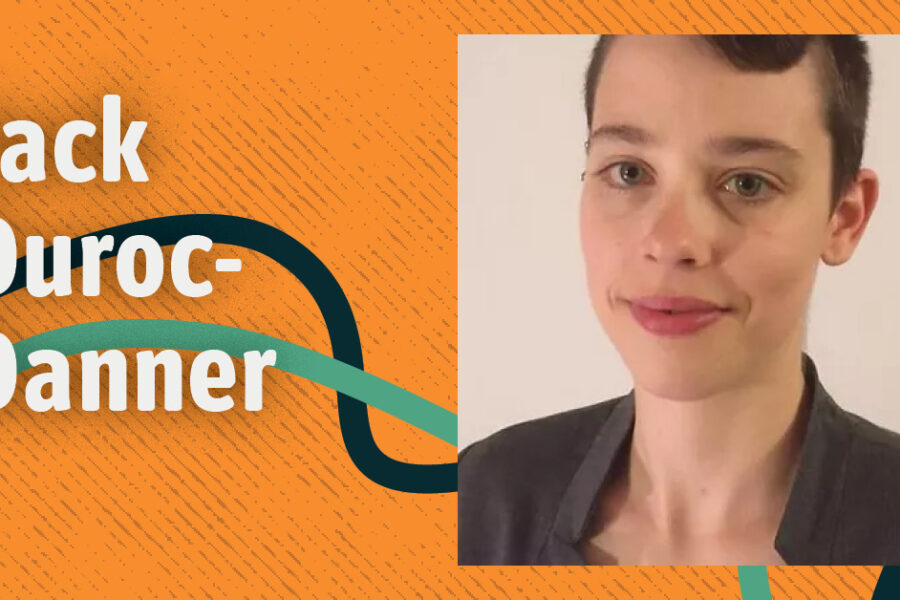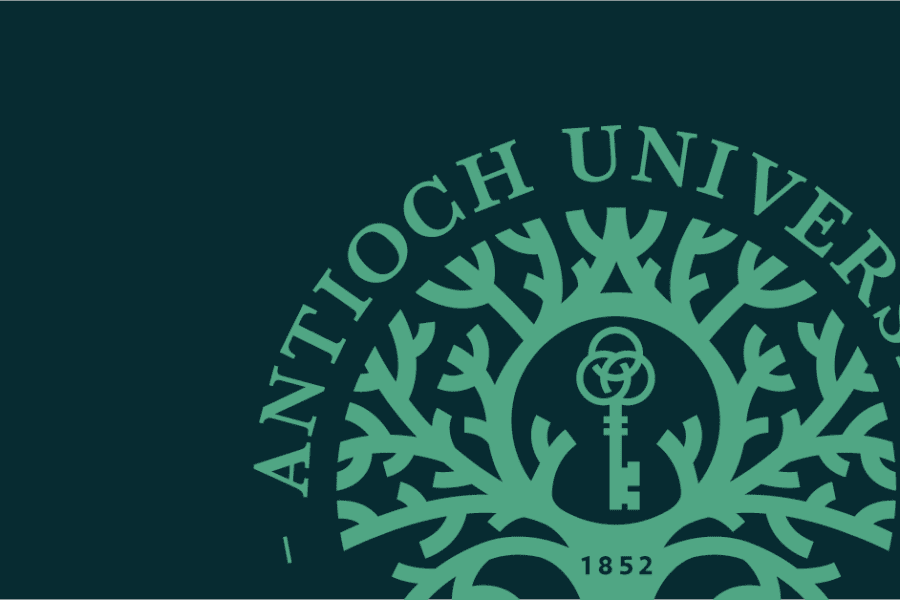As world and national events have unfolded in the first months of the new year, I have been feeling deep concern, anxiety, and a sense of loss, feelings that I know I share with many of you in the Antioch community. The last few weeks especially have been a time of accelerating horror on many scales, from Russia’s invasion of Ukraine on February 24, and the passage of anti-LGBTQ and anti-reproductive freedom laws in states across the United States, to individual acts of hate-fueled violence and, of course, the ongoing coronavirus pandemic that now advances into its third year.
As Antioch’s Chancellor I must speak out, both in the hope that our institution’s voice might help make a positive difference and—perhaps more important—to let our students know that at every level we are sharing your concerns, feeling your pain, and working to support each other in a time of so much suffering.
First, I want to acknowledge that Russia’s unprovoked invasion of Ukraine affects many of us in the Antioch community, and especially those who have family or friends in Ukraine, in Russia, and in neighboring countries. A survey by the American Psychiatric Association this week shows that 70% of Americans now fear a nuclear attack. We have not experienced this level of fear since the Cuban Missile Crisis in October 1962. It’s hard to predict the conduct of a madman, and Russia’s President Putin has proven himself to be just as unhinged as the “shoe-banging” Nikita Khrushchev.
We condemn the Russian despot’s decision to start a war on the pretext of protecting its citizens against “Nazis.” This ongoing act of violence has already led to the loss of tens of thousands of lives, including the deaths of noncombatant civilians, many of whom are children. In Bucha alone, recent images show dozens of civilians who had been bound and viciously executed; dozens more were dumped into mass graves. Beyond the indiscriminate bombardment of neighborhoods, the Russian refusal to permit the creation of humanitarian corridors is causing an acute crisis and untold suffering, and is a display of hate such as hasn’t been seen since Hitler put his extermination plans in place. The war has displaced nearly 10 million Ukrainians from their homes and over 4 million have fled the country in terror. Antioch joins the voices calling for the Russian state to immediately end its invasion and genocide in Ukraine, and for its president to stand trial for war crimes.
War is always a humanitarian crisis, and it is not one that respects national borders. It is the responsibility of our nation and all the other nations on earth to accept refugees and help prevent their further suffering. The US has in recent years made policy choices that suggest we have little or no obligation to welcome the world’s asylum-seekers, refugees, and climate migrants. The Ukraine crisis is an opportunity for the current administration to reconsider these policies—and not just to help Ukrainians, but to help all of those who seek a life free from oppression, torment, and death, including the Afghan people currently trapped in a humanitarian disaster zone. We must reform our country to stand behind Emma Lazarus’s famous words, engraved beneath the Statue of Liberty: “Send these, the homeless, tempest-tost to me, / I lift my lamp beside the golden door!”
And as we deal with the fallout of a war begun by one oil-dependent dictator, now is the right time to move swiftly to decarbonize the world’s economy and break once and for all the power of oil-dictators while averting the worst effects of climate change. Every wind farm and solar panel and heat pump that we create strikes a blow not just against the power of the Putin regime but also against the theocracy that rules Iran and against the corrupt monarchies of Saudi Arabia and the United Arab Emirates. Rarely is there a single policy that would achieve all three pillars of justice that form Antioch’s wider mission “to advance social, economic, and environmental justice” more than divestment from fossil fuels and investment in renewable energy sources.
I also want to address the worrying trend of illiberal and freedom-attacking legislation being proposed, and in many cases signed into law, across the United States. I speak here of SB 8, a recently-passed Texas law which uses a Jim Crow-era legal tactic to shield state officials from culpability and creates “bounties” that can be deployed against people who exercise their constitutional right to seek abortions. In Antioch’s home state of Ohio, House Bill 327 aims to ban the teaching of “divisive concepts” and would stifle the teaching of America’s history of slavery, the systemic oppression of Black people, and anything else that might be considered “divisive.” Texas governor Greg Abbott issued a letter directing state officials to investigate healthcare providers or parents who help transgender youth receive gender-affirming care, threatening imprisonment and the removal of children by the state. And in Florida, Governor DeSantis recently signed the so-called “Don’t Say Gay Bill,” House Bill 1557, which enables parents to sue school districts for damages and injunctive relief if teachers mention the existence of LGBTQIA+ people, or if school counselors address a student’s feelings about sexual orientation or identity. These bills are only a few of a vast wave of illiberal laws being proposed and signed into law across our country. What unites them is a multi-front attempt to roll back freedoms for marginalized people and to deprive students of the affirmation and advocacy they need. As the leader of an institution of higher education, I find these efforts abhorrent.
We also stand in witness and in profound opposition to the wave of abuse and violence that Asian Americans and Pacific Islanders have faced recently. Much of this violence has been inspired by politically motivated attempts to blame Asians for the coronavirus pandemic, which was nothing more than a racist diversionary tactic to take the blame off the then U.S. President for his complete incompetence in managing the public health crisis in this country. I extend my condolences to anyone in or beyond our community who has faced such hatred, and I promise that Antioch is your ally and will continue working against anti-AAPI racism and violence. For centuries, AAPI people have been the victims of some of our country’s vilest crimes. We must work to ensure that those of us who identify as AAPI are safe and protected in our society.
Lastly, I want to continue to acknowledge the unbelievable loss that we continue to face as individuals and as a society due to the coronavirus pandemic. We have lost valued members of the Antioch community to this disease, while others grapple with long-term disability. Our nation has lost over 981,000 lives directly to this disease. Meanwhile, on a global scale, humanity has lost more than 6 million parents, siblings, children, and friends, although many are saying the number is much higher. The scale of our loss is beyond the ability of the mind to comprehend. And yet at the same time it is very real and happening every single day. As we embark on a third year of making the same calculations measuring risk and benefit, balancing life and death, trading off togetherness for safety or vice versa, we have had no choice but to accept it. Fortunately, we are benefiting from science with the development of vaccines and more effective treatments. It is my hope that we will return to greater levels of normalcy as the year progresses.
Unfortunately, I could list another ten issues that deserve our concern and sympathy and outrage, but on a positive note, I am buoyed by the nomination and confirmation of the first Black woman, Judge Ketanji Brown Jackson, to the U.S. Supreme Court. She will help the Court better reflect the people and values of the United States.
My hope is that you feel supported and safe as we endeavor collectively and with open hearts to build a world with less hate, less suffering, more peace and more justice.
Chancellor Groves




